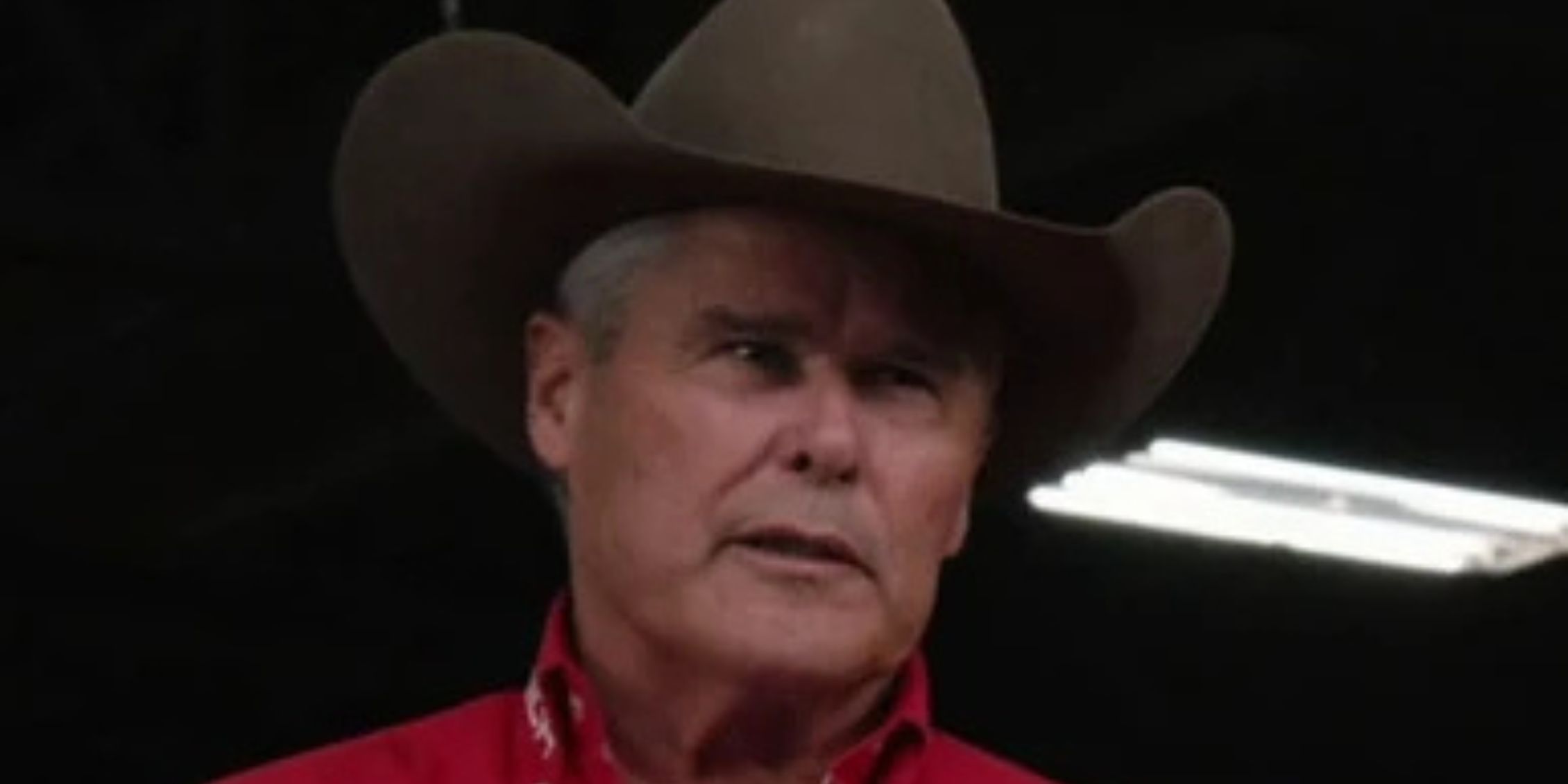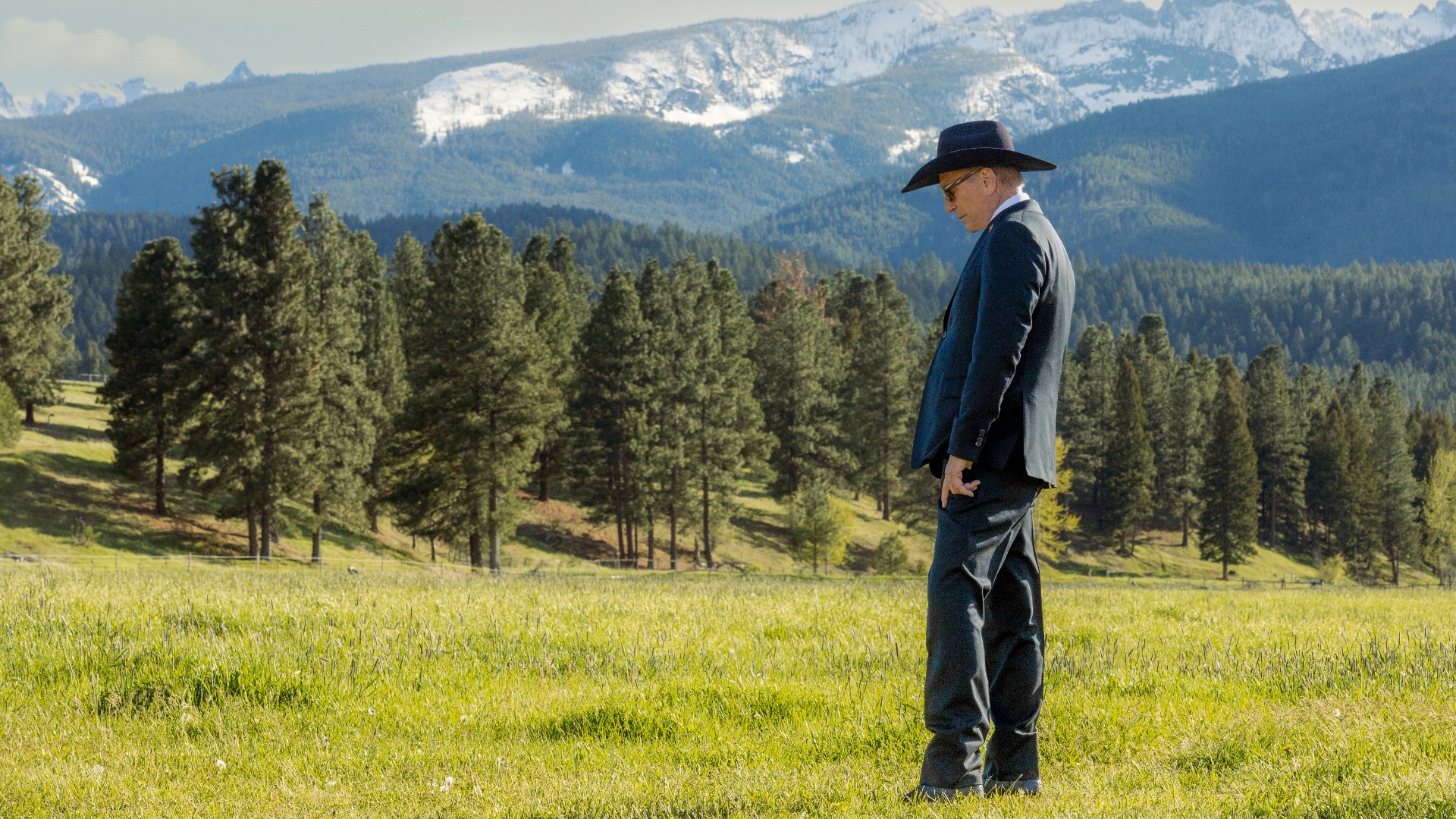What does the dedication to Bob Avila at the beginning of Yellowstone's series finale truly signify? It signifies a heartfelt tribute to a legendary horseman whose contributions extended far beyond a simple cameo, touching the very soul of the show's authenticity.
The series finale of Paramount Network's critically acclaimed western drama, Yellowstone, opened not with a dramatic scene, but with a poignant dedication. The words "This episode is dedicated to Bob Avila" graced the screen, immediately drawing viewers into a moment of reflection. For those unfamiliar with the name, the tribute might have seemed a gesture of respect, but for those in the know, particularly fans of the show and the world of equestrianism, it represented something far more profound. It was an acknowledgment of a life dedicated to the art of horsemanship, a man whose expertise brought a layer of genuine realism to the series, and whose presence had resonated deeply within the Yellowstone family.
The final episode served as a farewell, not just to the Dutton family and their sprawling Montana ranch, but also to Bob Avila, a name that now will forever be etched in the annals of the show's history. Born in Redwood City, California, Avila passed away on November 9, 2024, at the age of 72. His death, which occurred while he was attending the American Quarter Horse Association, was met with a wave of tributes from those who knew him and the many who admired his craft. While the exact cause of his death has not been made public, his impact on the world of horsemanship and the Yellowstone series is undeniable.
| Attribute | Details |
|---|---|
| Full Name | Bob Avila |
| Date of Birth | Not publicly available |
| Date of Death | November 9, 2024 |
| Age at Death | 72 |
| Place of Birth | Redwood City, California |
| Occupation | Professional Horseman, Hall of Famer |
| Known For |
|
| Family | Wife, Dana; Son, BJ |
| Legacy | Remembered for his skill, dedication to horses, and contribution to the Western lifestyle. |
| Reference Website | American Quarter Horse Association |
Avila's involvement with Yellowstone was more than just a fleeting appearance; he brought with him a lifetime of experience. He made a cameo appearance in Season 3, sharing a scene with the iconic John Dutton, played by Kevin Costner. His presence wasn't just acting; it was a display of authentic horsemanship, an expertise that lent credibility to the show's portrayal of ranch life. The producers understood the importance of authenticity. They understood the need to have someone who knew horses inside and out, someone who could guide the actors and ensure the equestrian scenes were believable.
The dedication at the beginning of the final episode wasn't merely a formality. It was a conscious decision to honor Avila's influence. The show's creators recognized the importance of the legacy Avila left behind, not just in the world of horses, but in the series itself. His impact extended far beyond his on-screen appearance; his knowledge, passion, and skill provided invaluable guidance to the cast and crew. He was more than just a consultant; he was a part of the Yellowstone family, a trusted advisor, and a friend to many.
The news of Avilas passing resonated across the equestrian community. He was a revered figure, a Hall of Famer, known for his mastery in training and his ability to connect with horses on a profound level. His career was a testament to his dedication, skill, and unwavering commitment to the Western lifestyle. He wasn't just a horseman; he was a role model, inspiring countless others to pursue their passion for horses. His passing was a loss felt by the entire community, a somber reminder of the fragility of life and the enduring power of legacy.
Yellowstone, a series rooted in the heart of Montana, is itself a tribute to the Western way of life, a lifestyle that Avila embodied so well. His expertise ensured that the series retained a sense of realism, of authenticity. The producers wanted to showcase the world of ranching, riding, and training horses, and Avila helped them do just that. His skills were integral to creating that sense of realism, and that is why the dedication card at the beginning of the final episode was so poignant. It was an acknowledgement of a life well-lived, a recognition of the contribution he made, not just to the show, but to the culture it portrayed.
The final episode's dedication resonated with fans, many of whom were moved by the gesture. It served as a reminder that behind the drama, the grit, and the epic storytelling, there were real people who contributed to the show's success. The dedication highlighted the collaborative nature of filmmaking, emphasizing the impact individuals can have on a project. It served to humanize the narrative, reminding the audience that even in the world of a fictionalized western, respect, and gratitude are always paramount.
The dedication card, "See you down the dusty trail, amigo," was a simple but powerful message, embodying the spirit of the Western lifestyle. It acknowledged the profound impact Avila had on the series. The phrase resonated with a sense of respect and camaraderie, reflecting the bond between the show and the man it honored. It was a final salute, a farewell to a man who had left an indelible mark on the hearts of those who knew him and the viewers who admired his work. It was a fitting tribute to a life dedicated to the open range and the noble animals that roamed it.
The choice to dedicate the final episode to Bob Avila speaks volumes about his impact on the show. His involvement went beyond the scope of a typical consultant or guest star. He was integrated into the very fabric of the series, ensuring that every horse-related scene was accurate, authentic, and respectful of the animal and the craft. This commitment to authenticity is what made Yellowstone so compelling, and Avila was an essential part of this authenticity.
The series, set in the vast landscapes of Montana, has consistently highlighted the strong connection between man, land, and animal. Bob Avilas contribution was integral to the series' ability to authentically capture the essence of the Western way of life. His expertise in horse training and his genuine appreciation for the animals helped to bring the ranching world to life on screen. He was not just a consultant; he was a crucial element in the creative process, providing an invaluable perspective that enriched the narrative.
The tribute served as a poignant reminder that even in the world of entertainment, the dedication, skills, and respect of individuals like Bob Avila is paramount. His legacy, like the vast Montana landscapes portrayed in Yellowstone, will endure. The final episode of Yellowstone, dedicated to Bob Avila, will forever be a testament to his contribution to the show. His memory, his impact, and the authentic spirit he brought to the series will live on in the hearts of the viewers who loved the show and those who knew him personally.


